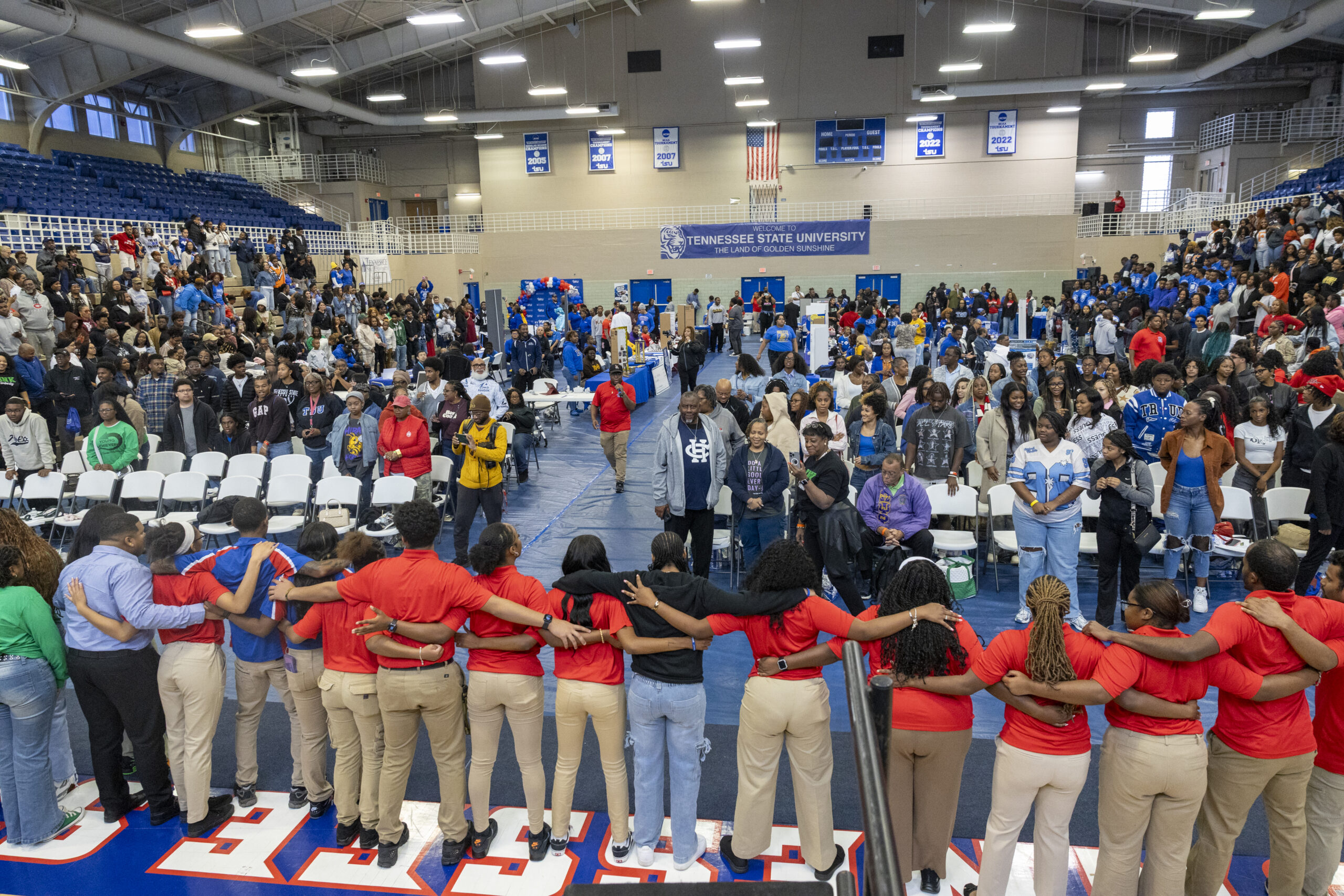TSU celebrates 135 Years of the Second Morrill Act of 1890
By Charlie Morrison NASHVILLE, Tenn. (TSU News Service) – This year marks the 135th anniversary of the Second Morrill Act of 1890, legislation that reshaped American higher
By Charlie Morrison NASHVILLE, Tenn. (TSU News Service) – This year marks the 135th anniversary of the Second Morrill Act of 1890, legislation that reshaped American higher
By Charlie Morrison, Alexis Clark Tennessee State University is answering a growing call from farmers across the state: How can we grow better tomatoes in

NASHVILLE, Tenn. (TSU News Service) –With hard hats on and shovels in hand, Tennessee State University leaders, dignitaries, and College of Agriculture faculty broke ground

NASHVILLE, Tenn. (TSU News Service) – A Tennessee State University student is spending the summer at one of the most prestigious institutions, Harvard Medical School,

NASHVILLE, Tenn. (TSU News Service) — In a major help for families in Davidson County and beyond, the Tennessee State University Early Learning Center (ELC) is
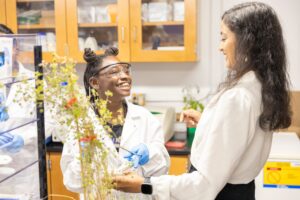
NASHVILLE, Tenn. (TSU News Service) – “Tomayto-tomahto” or “potayto-potahto”, it doesn’t matter the fruit or vegetable. Ask 10-year-old Kendall Rae Johnson to grow it, and she

NASHVILLE, Tenn. – (TSU News Service)– In a celebration steeped in legacy and hope, Tennessee State University held its spring commencement ceremonies on May 2 and 3, honoring
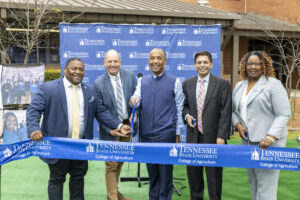
By Charlie Morrison NASHVILLE, Tenn. (TSU News Service) – The Tennessee State University College of Agriculture (TSUAg) recently marked the reopening of three renovated research laboratories
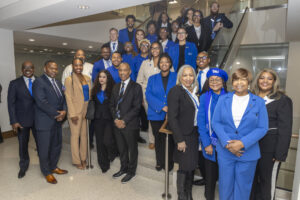
NASHVILLE, Tenn. (TSU News Service) – Tennessee State University was among the state’s HBCUs represented recently at the Day at the Capitol. The annual event brings
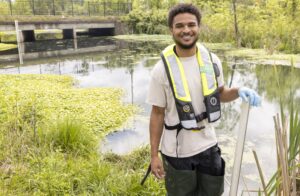
By Charlie Morrison NASHVILLE, Tenn. (TSU News Service) – The Tiger Bay Wetlands restoration project officially launched this winter, led by a collaborative team from Tennessee



